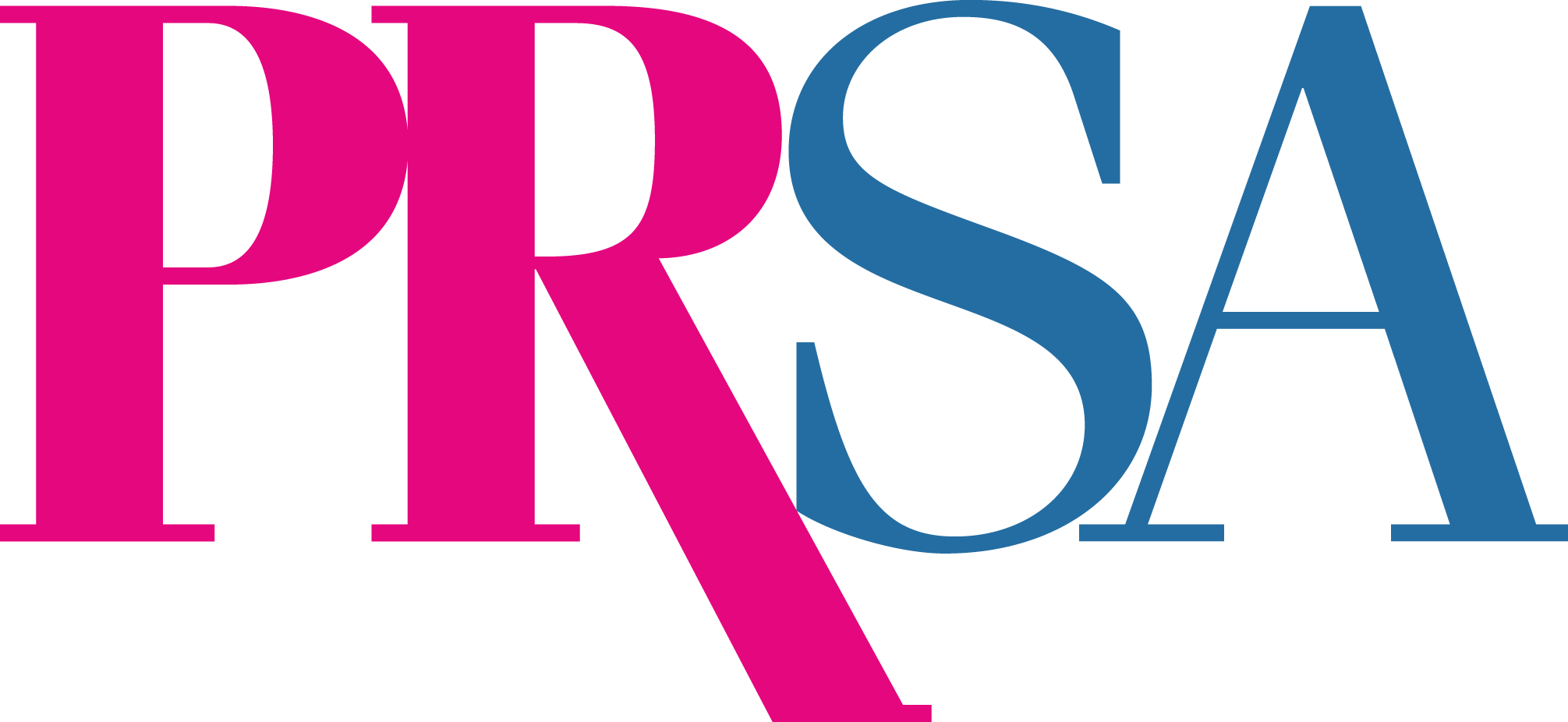Twenty Years and Still Relevant: How the PRSA Code of Ethics Impacts Practice
October 26, 2020 12:30 PM – 1:30 p.m.
Session Type: Leadership & Management
The communication environment has experienced dramatic change in the past two decades. Fake news, disinformation and “alternative facts” — combined with the emergence of new digital technologies and the advent of big data — have changed the rules of engagement for public relations professionals and placed increased focus on the ethical dimensions of professional practice. As PRSA celebrates the 20th anniversary of its Code of Ethics, the time is right to consider the relevance, adequacy and impact of existing professional standards.
Nearly 20 years ago, in October 2000, members of the Public Relations Society of America (PRSA) adopted a new Code of Ethics, which replaced professional standards of practice that had been in place for half a century. The new Code, which was based on extensive research involving PRSA members, defined core principles and values, emphasized responsible advocacy and eliminated punitive (i.e., “thou shalt not”) language and enforcement provisions. The aim was to educate and to inspire ethical behavior on the part of PRSA members. A broader goal was to establish PRSA as the standard-bearer for ethics in professional practice and provide a template for developing global ethical standards.
In recognition of the 20th anniversary, it is a good time to consider the impact and value of the PRSA Member Code of Ethics and related initiatives (e.g., ethical advisories, special events) in advancing ethical standards and practices. This panel, which includes a member of the task force that developed the PRSA Code, one former member and one current member of the PRSA Board of Ethics and Professional Standards, will consider whether the code’s principles and values have withstood the test of time as well as whether updates are needed to address the expanding ethical dimensions of contemporary public relations.
The group will share research findings regarding practitioner perspectives on the impact and value of the Code in helping them address the ethical challenges they face in practice. Participants will be invited to share their own experiences regarding how the Code of Ethics has impacted their own career in public relations.
By the end of this session, participants will be able to:
• Demonstrate how the PRSA Code of Ethics can be applied to contemporary public relations practice.
• Highlight new ethical issues public relations practitioners are facing in contemporary practice, with a particular focus on fake news and digital content, and share best practices for addressing these issues.
• Analyze the PRSA Member Code of Ethics and discuss whether code updates are needed to address new ethical challenges.
Nearly 20 years ago, in October 2000, members of the Public Relations Society of America (PRSA) adopted a new Code of Ethics, which replaced professional standards of practice that had been in place for half a century. The new Code, which was based on extensive research involving PRSA members, defined core principles and values, emphasized responsible advocacy and eliminated punitive (i.e., “thou shalt not”) language and enforcement provisions. The aim was to educate and to inspire ethical behavior on the part of PRSA members. A broader goal was to establish PRSA as the standard-bearer for ethics in professional practice and provide a template for developing global ethical standards.
In recognition of the 20th anniversary, it is a good time to consider the impact and value of the PRSA Member Code of Ethics and related initiatives (e.g., ethical advisories, special events) in advancing ethical standards and practices. This panel, which includes a member of the task force that developed the PRSA Code, one former member and one current member of the PRSA Board of Ethics and Professional Standards, will consider whether the code’s principles and values have withstood the test of time as well as whether updates are needed to address the expanding ethical dimensions of contemporary public relations.
The group will share research findings regarding practitioner perspectives on the impact and value of the Code in helping them address the ethical challenges they face in practice. Participants will be invited to share their own experiences regarding how the Code of Ethics has impacted their own career in public relations.
By the end of this session, participants will be able to:
• Demonstrate how the PRSA Code of Ethics can be applied to contemporary public relations practice.
• Highlight new ethical issues public relations practitioners are facing in contemporary practice, with a particular focus on fake news and digital content, and share best practices for addressing these issues.
• Analyze the PRSA Member Code of Ethics and discuss whether code updates are needed to address new ethical challenges.

Marlene Neill, Ph.D., APR, Fellow PRSA
Associate Professor and Graduate Program Director, Baylor University
Presenter

Cayce Myers, Ph.D., LL.M., J.D., APR
associate professor and director of graduate studies, School of Communication, Virginia Tech University
Presenter
Kathy Fitzpatrick, J.D., APR
Director and Professor , The Zimmerman School, University of South Florida
Presenter
